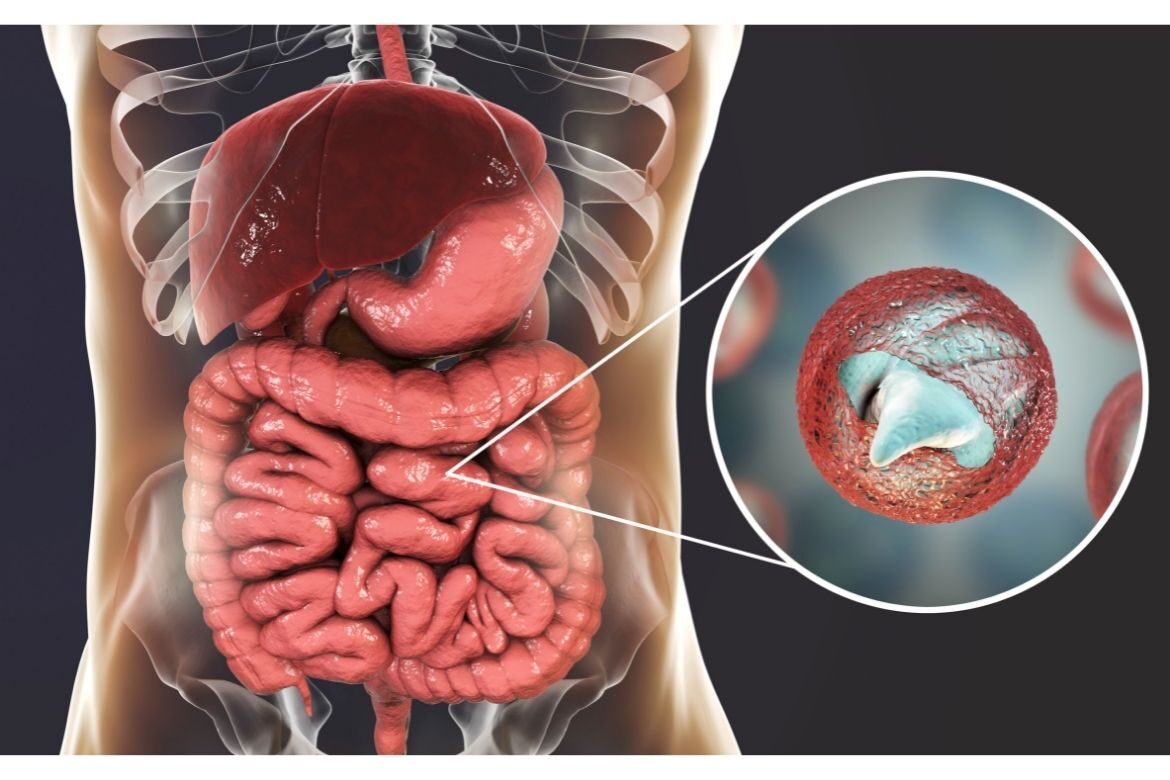Children who love rural life can get nasty farmyard germs from direct contact with lambs or calves, warns Dr Catherine Conlon, author and senior medical officer at St Finbarr’s Hospital in Cork.
Even if the animals look healthy and their environment is clean, farmyard germs exist in them and their surroundings. The HSE’s Health Protection Surveillance Centre (HPSC) recently shared an alert to this effect. This follows an increase in infections caused by cryptosporidiosis, a bacteria that causes a serious tummy bug.
Symptoms related to this bug will manifest a couple of days to a week after infection. They can last for a week or longer. Look out for watery diarrhoea, vomiting, fever, and stomach cramps.
Those infected must wait 48 hours after the diarrhoea has stopped before returning to work or school and avoid swimming pools for up to a fortnight.
The best way to avoid infection from farmyard germs is to wash hands thoroughly with soap and water after direct contact with animals, fences, or enclosures as well as other surfaces in the areas they frequent.
It’s also a good idea to clean boots and pushchair wheels that might be soiled and then wash your hands again. Gels or wipes are ineffective.
Note that consuming raw, unpasteurised milk or cheese as well as raw or undercooked meat can be sources of infection.

